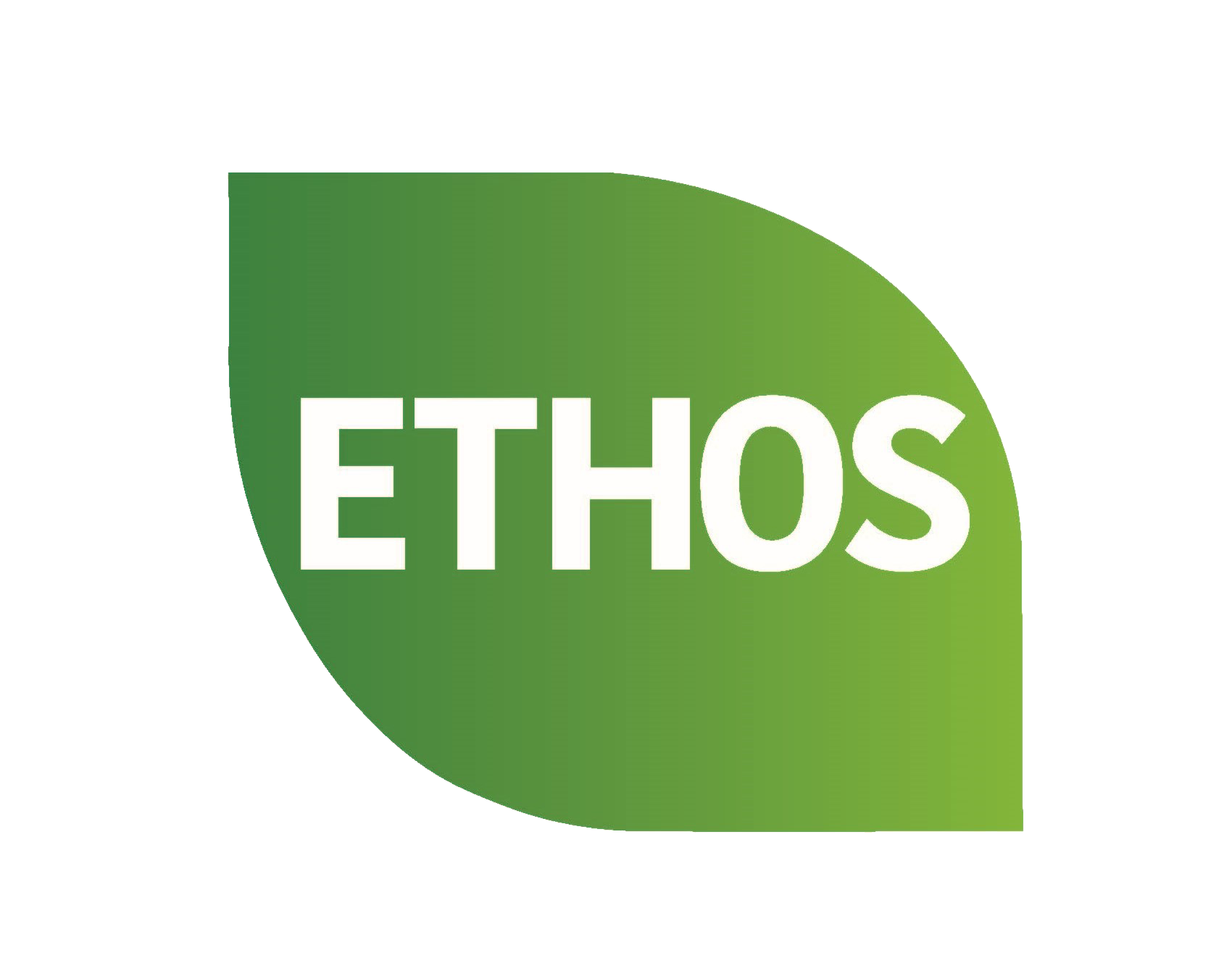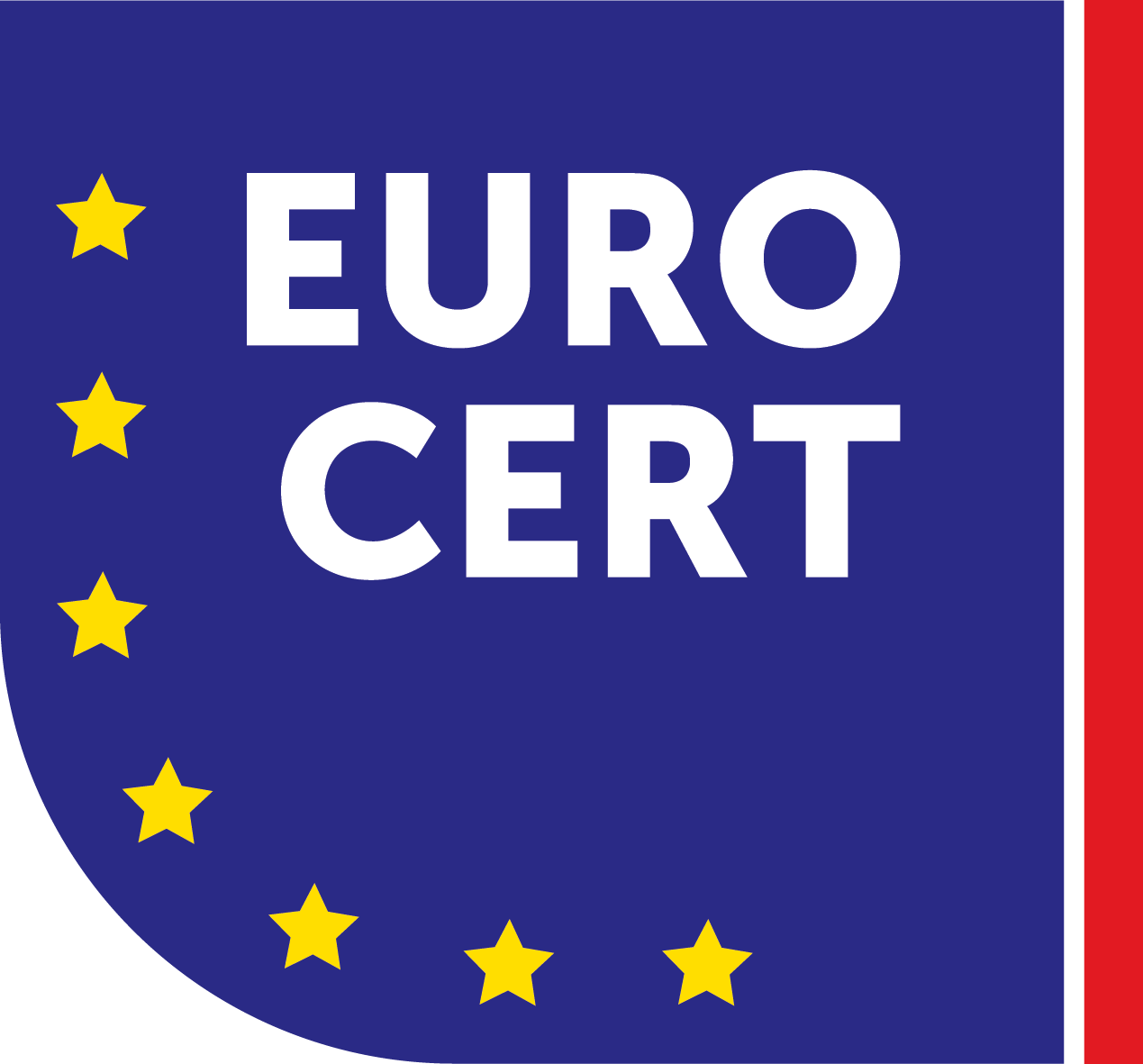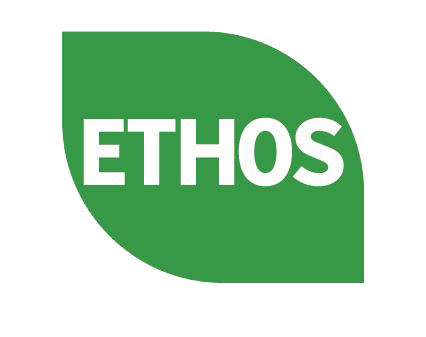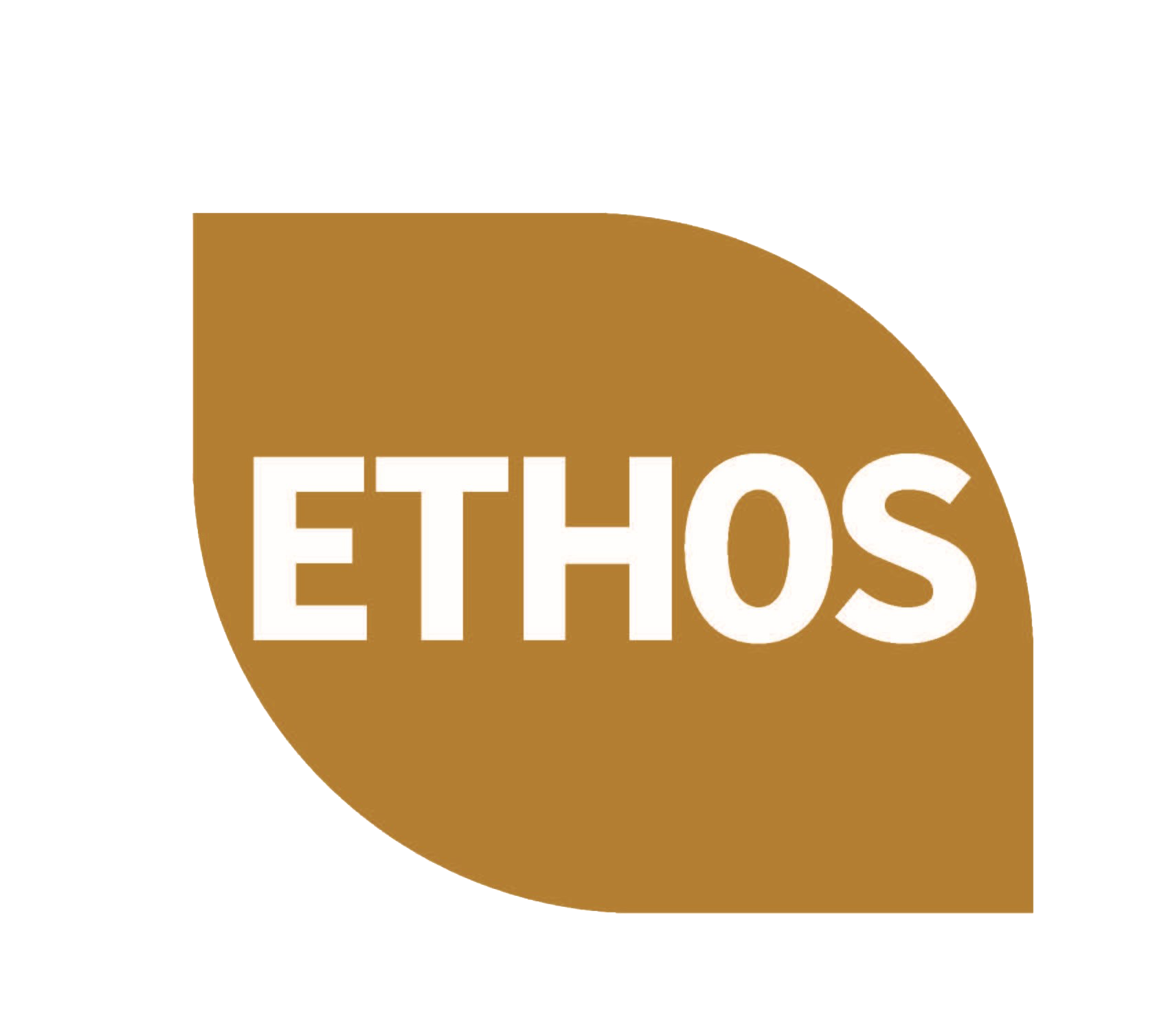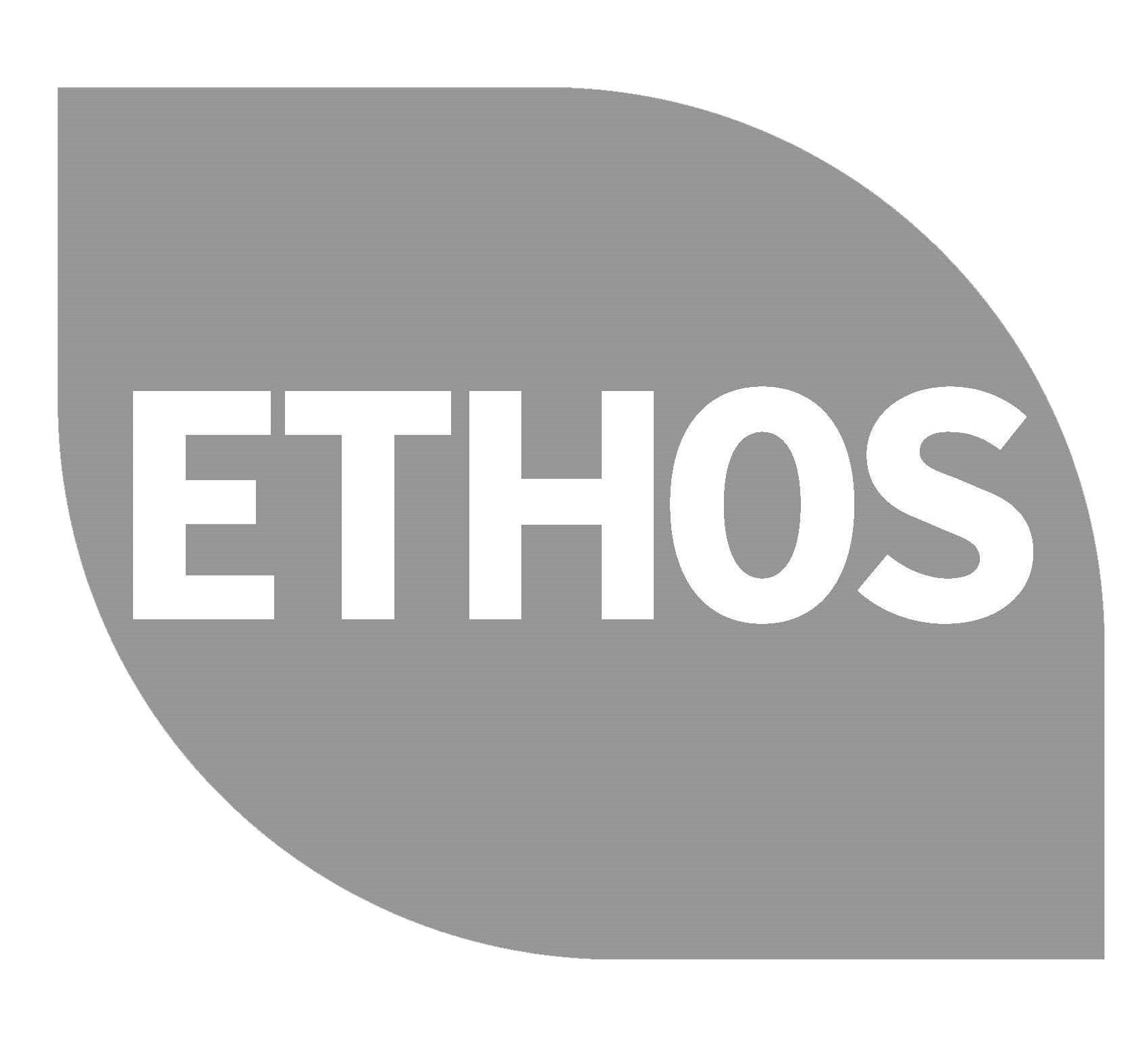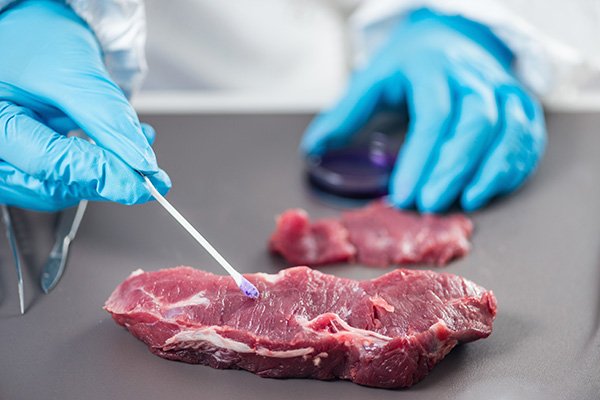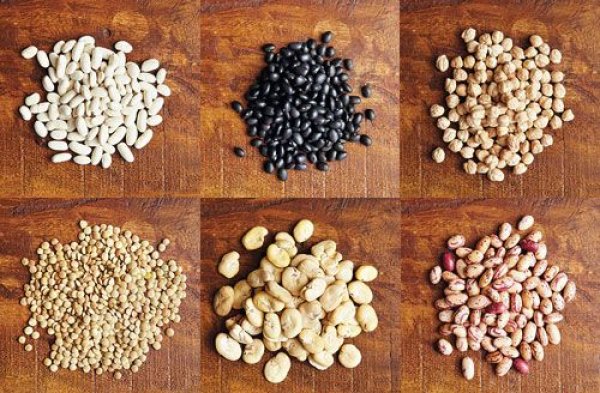In 2002 German HDE (Hauptverband des Deutschen Einzelhandels) retailers developed a common food safety standard called International Food Standard, IFS. In 2003, French retailers and wholesalers from the FCD (Federation des enterprises du Commerce et de la Distribution) entered a collaboration with the IFS Working Group and contributed to the development of the 4th IFS Edition. Since 2005 also Italian trade associations are involved in the joint project. By now the IFS is also highly valued as a food specific quality assurance system, which can be used by all food producing companies.
